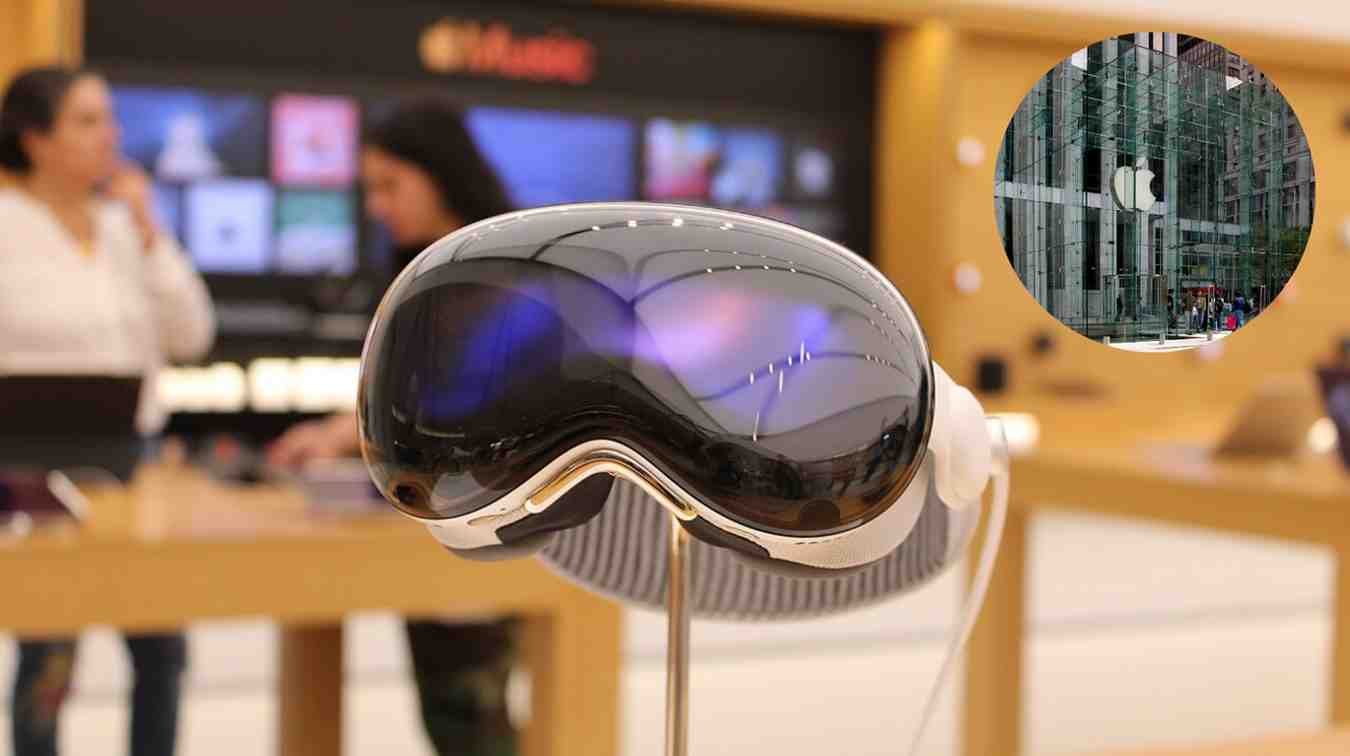Apple has long been celebrated as the pioneer of sleek design, groundbreaking devices, and industry-shaping technology. But in recent years, a growing debate has surfaced around whether the company is truly innovating—or simply relying on brand loyalty. From slipping market dominance to lackluster product launches, here are five signs that suggest Apple’s once-unshakable momentum is showing cracks.
1. Recent Product Launches Feel Predictable
The buzz around Apple events used to be electric, with fans eager to witness “the next big thing.” Now, announcements often center on incremental updates: slightly better cameras, marginally faster chips, and minor design tweaks.
iPhone 17 launched with only modest upgrades, leaving many underwhelmed.
MacBooks and iPads, while reliable, are evolving slowly compared to competitors in design and features.
This trend has sparked criticism that Apple is perfecting rather than inventing.
2. Losing the Number One Spot in Market Value
Apple recently lost its position as the world’s most valuable company, with Microsoft and other tech giants pulling ahead. While market cap fluctuates, this shift highlights investor concern about Apple’s growth potential.
Competitors in AI, cloud, and software are attracting more market confidence.
Apple’s reliance on iPhone sales—nearly half of its revenue—makes it vulnerable when demand dips.
This changing market dynamic signals that innovation alone is no longer enough; strategic diversification is critical.
3. Vision Pro: A Bold Step That Fell Flat
The Apple Vision Pro was billed as the future of mixed reality, but it has struggled to gain traction. Despite impressive hardware, sales remain lukewarm due to:
High pricing that alienated mainstream users.
Limited practical use cases compared to VR/AR devices from rivals.
Early feedback labeling it “an amazing demo, but not essential.”
Instead of being a breakthrough moment like the iPhone or iPad launch, Vision Pro feels more like a niche experiment.
4. Public Perception Is Shifting
Consumers once saw Apple as a trendsetter. Today, social media conversations show growing frustration:
Memes often mock Apple for selling “the same phone every year.”
Critics argue that Apple prioritizes luxury branding over meaningful innovation.
Younger buyers in emerging markets lean toward more affordable, feature-rich alternatives like Samsung, OnePlus, and Xiaomi.
The brand’s aura of exclusivity still holds, but skepticism about whether Apple is “leading” has intensified.
5. A Short-Term Playbook Over Long-Term Vision
Apple’s strategy appears focused on optimizing existing products rather than taking risks on new frontiers. While services like Apple Music and iCloud are growing, they don’t carry the same cultural impact as the iPhone once did. Meanwhile, competitors are racing ahead in AI-driven experiences, foldable devices, and immersive ecosystems.
Without a bold new direction, Apple risks becoming a luxury tech brand rather than a technology trailblazer.
Final Thoughts
Apple isn’t going anywhere—it still commands loyalty and record-breaking profits. But the cracks are visible. Slower innovation, shaky new ventures, and changing consumer sentiment all raise an important question: Can Apple reinvent itself before competitors steal its crown permanently?

